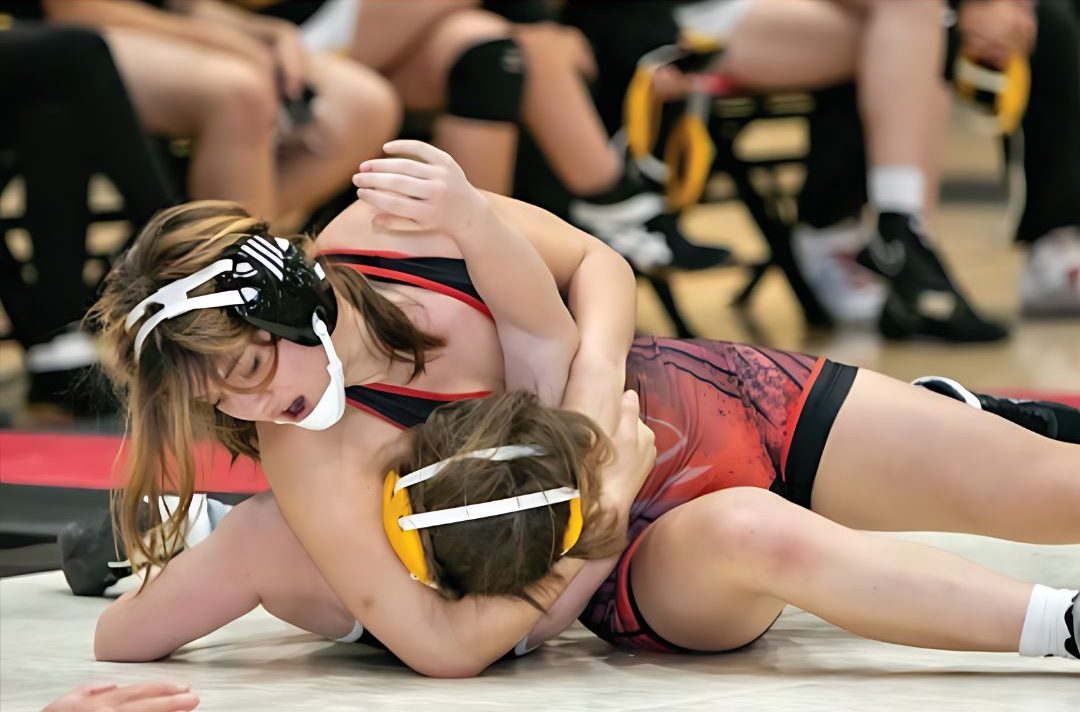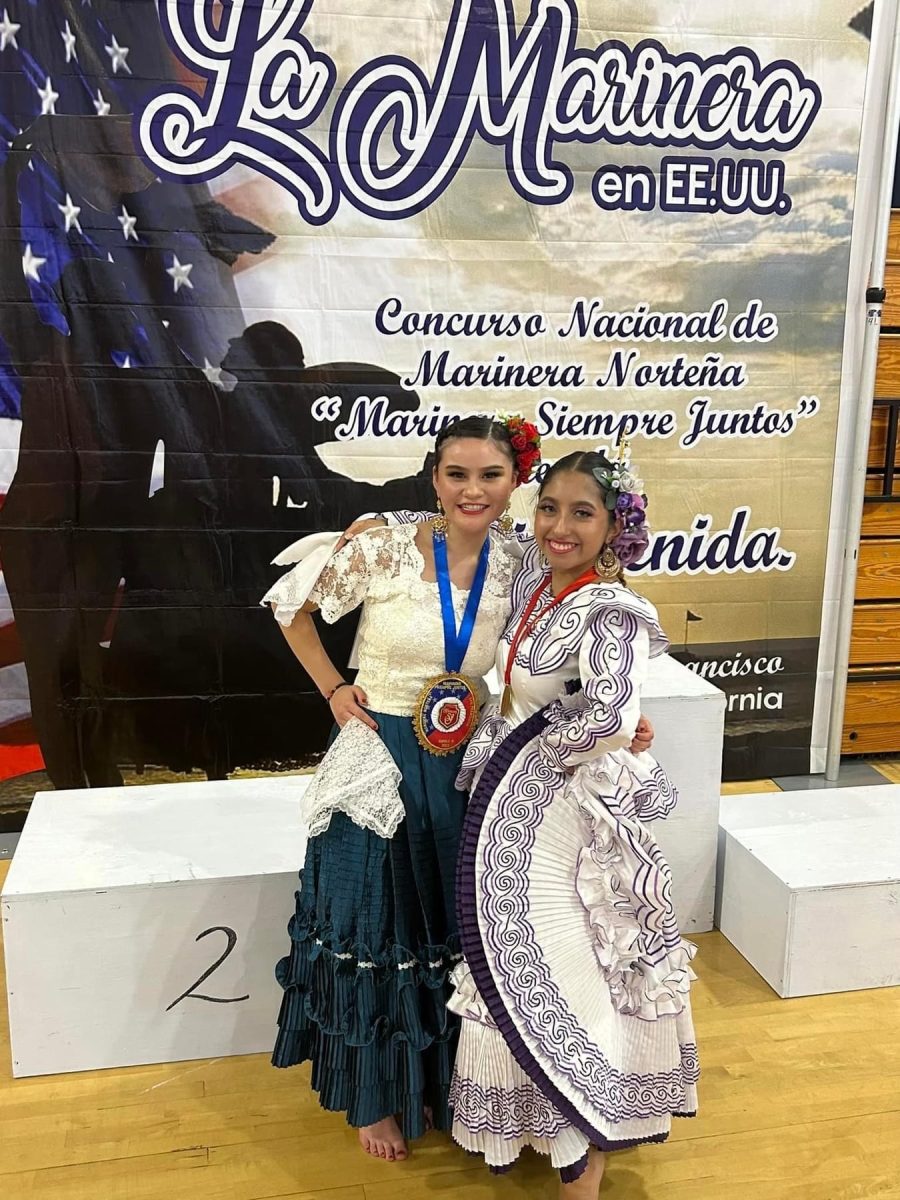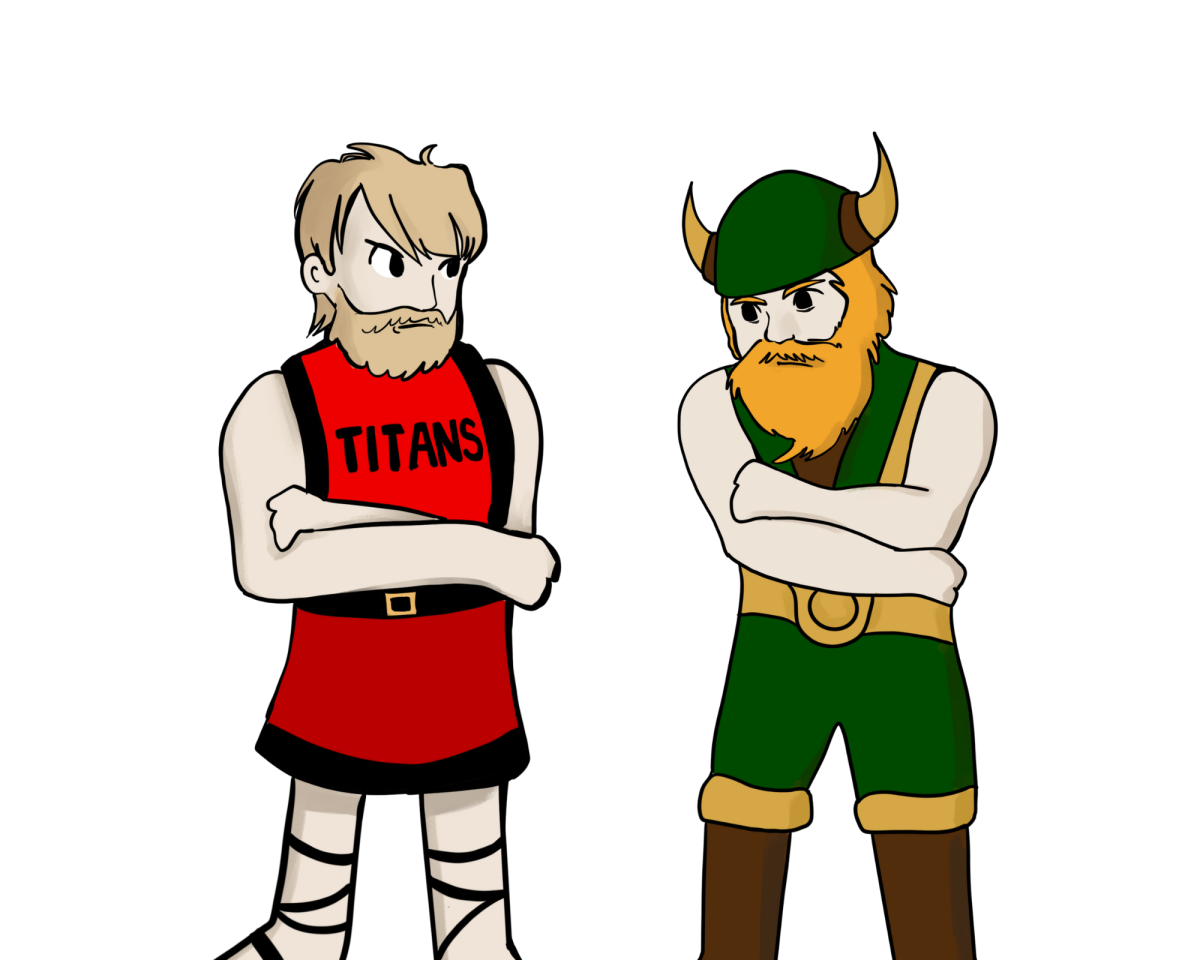Compiled by Yuki Klotz-Burwell
The Oracle: What’s your favorite part about jump roping?
Leila Tuma: I think my favorite part about jump roping is the bonds you make with the people on your team and people on other teams from around the country and around the world. I really think that you connect in a special way because jump rope isn’t a sport where you don’t talk to your competitors and you don’t always think of them as your competitors; they’re your friends. You share the sport and so you share your tricks with them and you share everything with it. It’s a special sport because it’s not always on competitions.
TO: What would you say to those who say jump roping isn’t a sport?
LT: Just give it a chance. I think that when you see it, you definitely realize how hard it is, you might think, ‘Oh, I jump roped in third grade with my teacher, that wasn’t hard, and I can jump and do a cross,” and they’re like “yeah, it’s not a sport”, but if you really look at it and see how hard it is, it is a sport. I mean, can you do 200 jumps in 30 seconds? It’s hard; it’s really hard. So I think that if you look at what people have done with it and you just look at everything, then yeah. You look at the effort that is put in and you know that it’s a sport.
TO: Has there been a time when you’ve been frustrated with jump roping?
LT: Yeah, there’s definitely times when you get frustrated with your teammates and frustrated with the coaches, and you get frustrated with yourself. I think that everybody goes through a point in jump rope where either you get made fun of for it, and that’s really hard for you, or you get to a point physically where you have to really push yourself to get to the next level, which for some people earlier and for some later, but there comes a point where you have to start pushing yourself to get the scores that you want and the tricks that you want.
TO: What makes jump roping different from other sports?
LT: I think it’s probably just the amount of training, the amount of time, the amount of events; we compete anywhere from one event to fourteen events in one day for some competitions. For example, regionals is one day and you compete in basically fourteen events. Each of those events lasts anywhere from 30 seconds to three minutes, and you’re doing something that whole time whether you’re doing speed or freestyle, double-dutch, anything like that. You have to do all those events in one day, and I think the amount of training that goes into those competitions makes [jump roping] something different. I also think the people are different. I really have a strong emphasis on the people that jump rope because they are some of the best people you will ever meet. They love the sport and they love each other, and I think that that is something that makes it different.
TO: What have you learned from jump roping and from your teammates?
LT: [My teammates] have taught me everything; they’re my family. They’re there with you for everything because you spend so much time with them. You share a hotel room with them when you are in Hong Kong for 10 days and you guys have to spend all that time together.
TO: What are some of the quirkiest places you’ve practiced at?
LT: Anywhere from hallways to the street in Hong Kong to New York, because we performed in the Macy’s Thanksgiving Day Parade there. We’ve practiced in this little neighborhood in the middle of nowhere on this half cement, half other thing that wasn’t even ground, that was really cool. We’ll practice in our house, if you can find a tiny spot of hardwood floor, you’ll practice there. Pretty much anywhere. We’ve practiced on grass before.
TO: How many times do you think you’ve fallen in jump roping?
LT: So many. I just got over a concussion a couple months ago, so I think that every year, you get hurt. Whether you sprain your ankle, concussion, you break something…my coach tore her achilles the day before Nationals three years ago. You can get all kinds of injuries.
TO: What advice do you have for people who have suffered jump roping injuries or are scared of taking on the sport because of the injuries?
LT: I really think that if you’re afraid, then you have no reason to be. I think that if you look at the potential of getting hurt versus the potential of what you can gain from the sport, it weighs so much toward the potential of what you can gain from doing the sport. You can gain so much more for yourself, both physically and mentally, that I think that over time, it’ll benefit you more in life if you can push yourself to do the sport because injuries are something that can happen walking down the street. THere’s nothing that should hold you back from doing something if you really want to do it and you really love it.
TO: What are some of the disadvantages of jump roping and how do you overcome them?
LT: I think physically, the day to day kind of stuff is really what’s hard. You’re at practice, you’re doing a three minute speed and you’re at two minutes and 30 seconds and you wanna push for those last 30 seconds, and then you miss. And then you get this feeling that’s like, “ugh, if I hadn’t made that miss, I could’ve hit my goal” and this nasty whip that’s either down the back of your leg or all the way up, or across your back. I got a really bad whip the other day from across my forehead, down my nose and to my lip and down my face. My lip got all swollen and I had to put ice on it for hours. Whenever we go to a hotel, we always bring plastic bags with us and find the ice machine wherever it is. If we have to go to the kitchen at midnight to get ice, we will do that, because you have to ice every single part of you for competitions because it’s such a long day. Competitions can go anywhere from 6 a.m. to 12 p.m. in a day.
TO: How is the judging process?
LT: Judging is different for speed; it’s really simple. It’s how fast do you go, and the only deductions you can get are if you go out of your space or you start early. And for freestyle it’s based on the tricks you do, how many tricks you do packed together, and how you present those tricks– whether you present them prettily or you jump nicely or if you are put together and you smile and you have your hair pulled back in those two French braids you’re supposed to have. You’re judged based on those and there are different scores for different tricks and different levels.
TO: What do you hope to see from jump roping? Do you see it as part of your future?
LT: I really think that it will be something that I will always keep with me. A lot of people, when they graduate high school, go off to college and some colleges have clubs, and they’ll do it for fun. Some people, like my two coaches, will come back when they’re older and take over a team. I probably don’t plan on doing that; I think my team goal is to qualify for worlds again as a team and my individual goal is to qualify individually for worlds again in my two individual events that are my favorites, 30 seconds and 3 minutes. I’m definitely better at 3-minute speed, just because I have the endurance for it and it’s what I like. I did gymnastics before, so that plays in a lot because there are a lot of handstands, roundoffs, cartwheels, back handsprings, back tucks, that kind of stuff. So I think that definitely plays a huge part in your routines and stuff and me and my pairs partner are actually heavy gymnastics people, so it works.
TO: Is jump roping in the Olympics?
LT: No, we are a couple countries away from getting into the Olympics, which would be really cool. The biggest competition we have is worlds.
TO: If it were, would you try to get in?
LT: Yes, of course I would try to! I would love to; that would be amazing. I would definitely try out. I think that there would be tons of people who would want to do it and I think that it’s a lot bigger of a sport than it seems like. People just don’t know about it, so the more people know about it I feel like there would be more people trying out. We perform at elementary schools around here and some companies have hired us to do workshops and teach them how to jump rope, which is something I really love to do–I love to share this sport. I really like to make sure I go out and share what I do with people, because it’s something that’s important to me and it’s something that I feel like other people could benefit from because it’s something fun, good for you and healthy. It has a lot of benefits.












